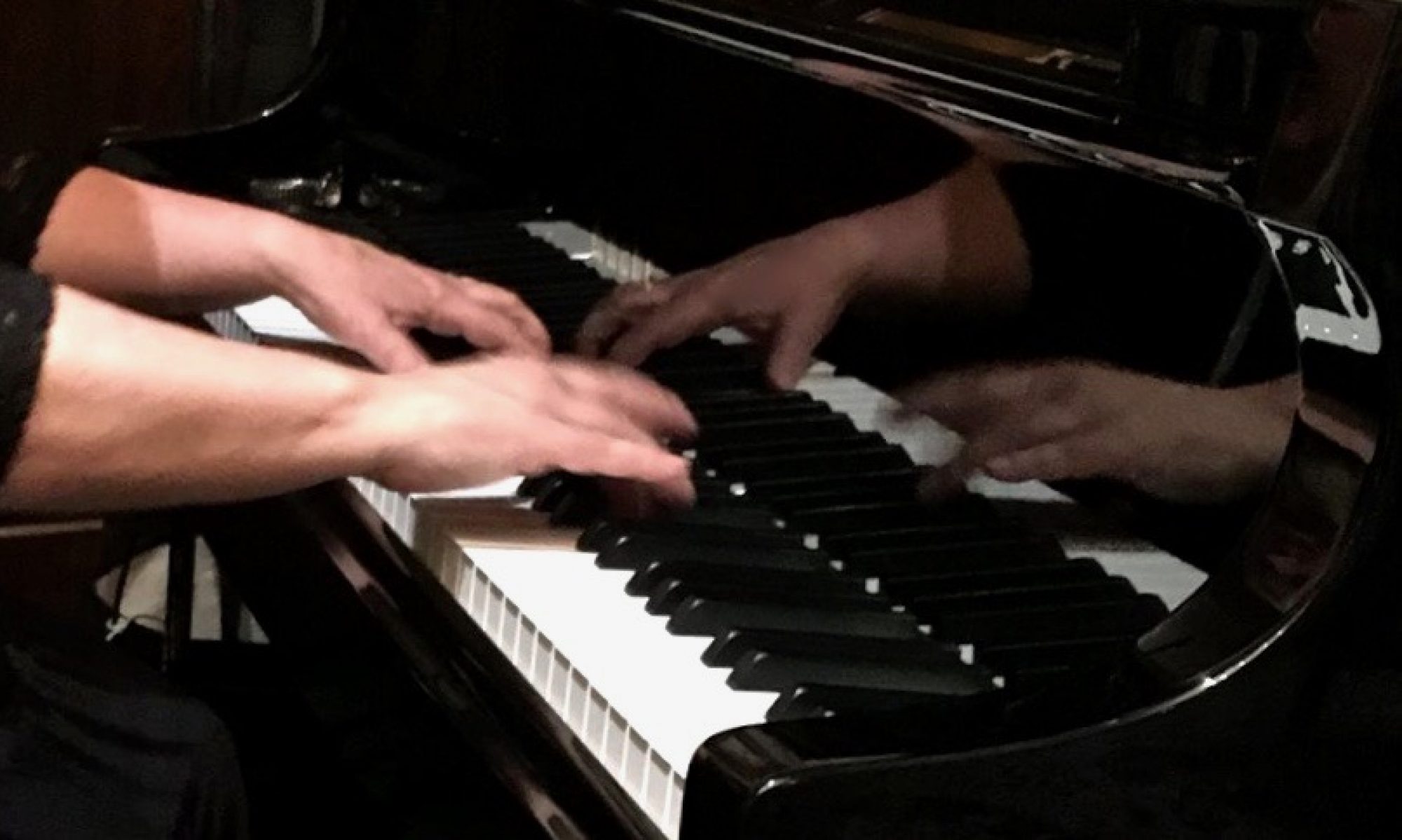Disappointed Don sat on my piano bench, looking perplexed as to why he couldn’t manage to take a decent solo on C Jam Blues. “Should I be learning the modes of the ascending melodic minor scales in all 12 keys – is that what I need to do?” he asked. Truth be told, after several lessons my sweet and studious adult student still struggled with swinging the 2 note melody to the tune. Don poured over every jazz piano and music theory book he could get his hands on, took weekly lessons from myself plus another piano teacher in town, attended jazz workshops/adult music camps whenever he could. I think he had too many masters to try to follow, too much theory to sort out, too many scales buzzing around inside his head, which in turn caused his fingers to freeze at the keys! (It didn’t help that he spent more time reading a stack of books about jazz instead of actually practicing the piano.) Continue reading “On a Scale of 1 to 1000: How Many Do You Need To Know?”
12 Key Improvisation Ideas For Piano: Just 1 Scale 7 Notes!
K-Pop, Early Classical Music, Contemporary Christian Praise Hymns, Folk Tunes, New Age Piano, Country & Western Music: When it comes to improvisation, what do these genres have in common? Hint: Musicians will often sound “right in the pocket” by creating solos made up of just 7 notes (using only 1 scale) over the entire tune!
For the above genres of music (including certain even eighth note Jazz & Gospel styles), the 7 notes of the major key center scale work well for improvising over the whole piece. It’s an easy concept to keep in mind that may enhance your solos (without having to think of too many confusing options), so you can focus on building nice melodic lines with rhythmic variety. When we build solos upon one scale it’s called playing diatonically – which can sound good, provided the tune’s harmony doesn’t stray far from the home key. Continue reading “12 Key Improvisation Ideas For Piano: Just 1 Scale 7 Notes!”


